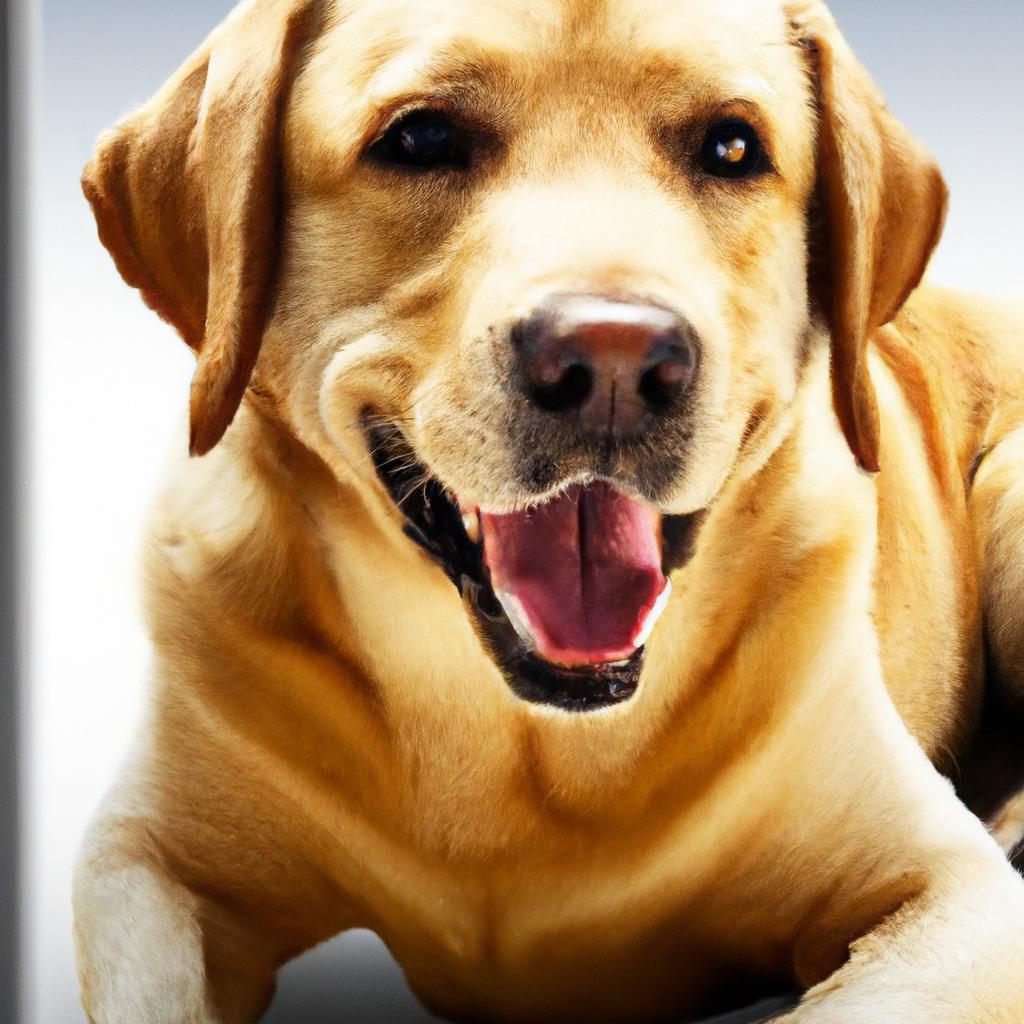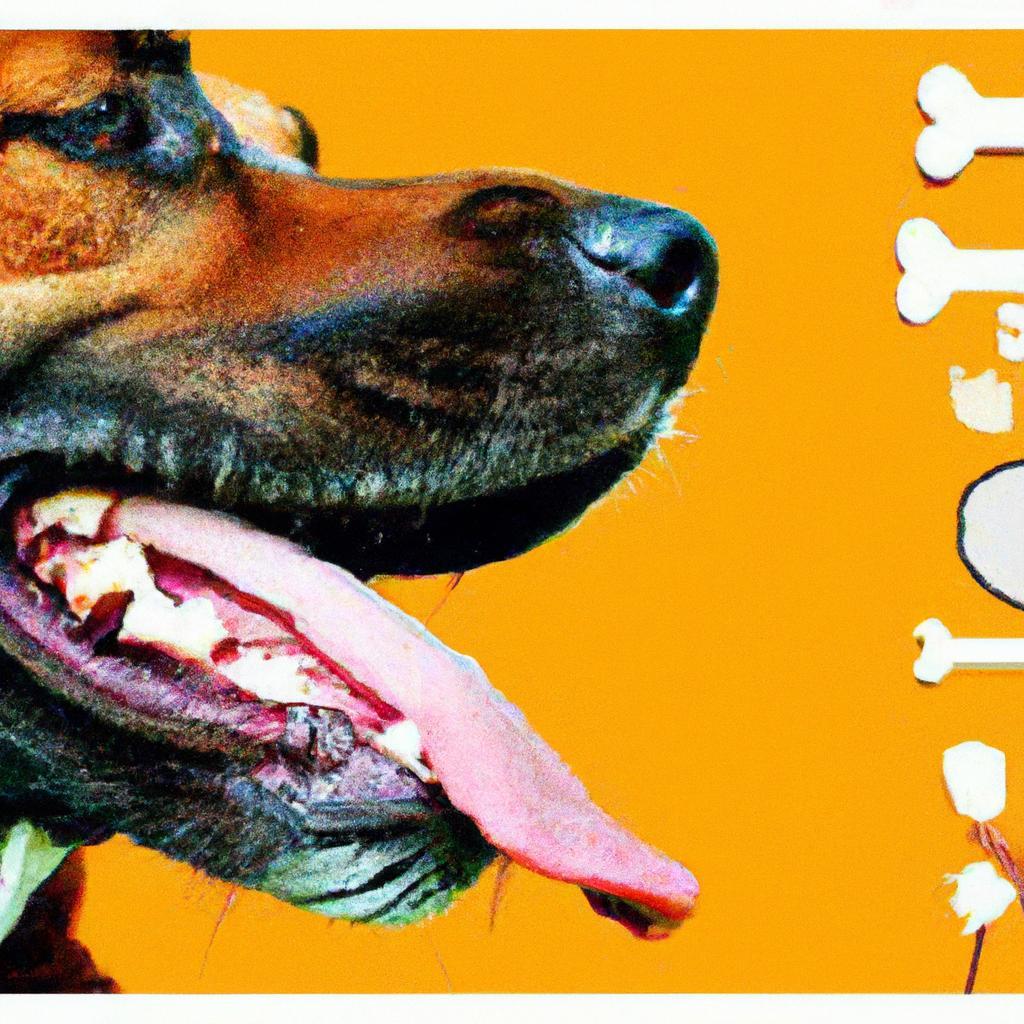In a quaint town, a golden retriever named Max became a local legend. One day, a child lost his favorite toy in a nearby park. While others searched aimlessly, Max sniffed the air, his keen instincts guiding him. Within minutes, he retrieved the toy, much to the astonishment of onlookers. This wasn’t just luck; Max had mastered over 100 commands and could even solve simple puzzles. His intelligence shone through, proving that the most intelligent dog isn’t just about tricks, but understanding and problem-solving. Wouldn’t you want a companion like Max?
Contents
- Understanding Canine Intelligence: Defining Metrics and Criteria
- Top Contenders for the Title of Most Intelligent Dog: Breeds That Excel
- Training Techniques for Enhancing Your Dogs Cognitive Abilities
- Choosing the Right Intelligent Breed for Your Lifestyle and Needs
- Q&A
Understanding Canine Intelligence: Defining Metrics and Criteria
When exploring the realm of canine intelligence, it is essential to establish clear metrics and criteria that can effectively gauge a dog’s cognitive abilities. Unlike human intelligence, which can be measured through standardized tests, canine intelligence encompasses a variety of skills, including problem-solving, obedience, and social understanding. By defining these metrics, we can better appreciate the unique capabilities of different breeds and individual dogs.
One of the primary criteria for assessing canine intelligence is **obedience**. This includes the ability of a dog to follow commands and respond to training cues. Breeds that excel in obedience often demonstrate a high level of trainability, making them ideal candidates for roles such as service dogs or therapy animals. Additionally, the speed at which a dog learns new commands can serve as a significant indicator of its intelligence. For instance, breeds like the **Border Collie** and **Poodle** are renowned for their quick learning abilities, often mastering new tasks in just a few repetitions.
Another important metric is **problem-solving skills**. This encompasses a dog’s ability to navigate challenges and find solutions independently. Dogs that exhibit strong problem-solving skills can adapt to new situations and environments, showcasing their cognitive flexibility. Activities such as puzzle toys or agility courses can help evaluate this aspect of intelligence. Breeds like the **German Shepherd** and **Belgian Malinois** are frequently recognized for their exceptional problem-solving capabilities, often employed in roles that require critical thinking and adaptability.
Lastly, **social intelligence** plays a crucial role in understanding canine intelligence. This involves a dog’s ability to interact with humans and other animals, as well as its capacity to read social cues. Dogs that are socially intelligent can form strong bonds with their owners and exhibit empathy towards others. Breeds such as the **Golden Retriever** and **Labrador Retriever** are celebrated for their friendly and sociable nature, making them not only intelligent but also excellent companions. By considering these diverse metrics, we can gain a comprehensive understanding of what makes a dog truly intelligent.
Top Contenders for the Title of Most Intelligent Dog: Breeds That Excel
When it comes to canine intelligence, certain breeds consistently stand out due to their remarkable ability to learn, adapt, and perform tasks. These dogs not only excel in obedience training but also demonstrate problem-solving skills and emotional intelligence. Among the top contenders, the following breeds have earned their reputation as the most intelligent:
- Border Collie: Renowned for their herding instincts, Border Collies are often considered the smartest dog breed. Their exceptional ability to understand commands and their eagerness to work make them ideal candidates for various dog sports and activities.
- Poodle: Whether standard, miniature, or toy, Poodles are highly trainable and excel in obedience. Their intelligence is matched by their versatility, making them suitable for a range of roles, from therapy dogs to competitive performers.
- German Shepherd: Known for their loyalty and protective nature, German Shepherds are also incredibly intelligent. They are frequently employed in police and military roles due to their ability to learn complex tasks and follow commands with precision.
- Golden Retriever: With their friendly demeanor and eagerness to please, Golden Retrievers are not only great family pets but also excel in obedience training. Their intelligence allows them to perform various roles, including service and therapy work.
Other breeds that deserve recognition for their cognitive abilities include the Doberman Pinscher, Rottweiler, and Shetland Sheepdog. Each of these breeds showcases a unique blend of intelligence, trainability, and adaptability, making them exceptional companions and working dogs. The Doberman, for instance, is known for its keen problem-solving skills, while the Rottweiler’s intelligence is complemented by its strong protective instincts.
Moreover, the Shetland Sheepdog, often referred to as the “Sheltie,” is celebrated for its agility and quick learning capabilities. This breed thrives in environments where mental stimulation is provided, showcasing its intelligence through various dog sports and competitions. As we explore the world of canine intelligence, it’s clear that these breeds not only possess remarkable cognitive skills but also form deep bonds with their human companions, further enhancing their appeal.
Training Techniques for Enhancing Your Dogs Cognitive Abilities
Enhancing your dog’s cognitive abilities is not only beneficial for their mental stimulation but also strengthens the bond between you and your furry friend. Engaging in various training techniques can significantly improve your dog’s intelligence and problem-solving skills. Here are some effective methods to consider:
- Interactive Games: Incorporate puzzle toys and treat-dispensing games into your dog’s routine. These activities challenge their minds and encourage them to think critically to obtain rewards.
- Obedience Training: Regular obedience training sessions can sharpen your dog’s focus and understanding of commands. Use positive reinforcement techniques to motivate them, ensuring that learning is a fun experience.
- Agility Courses: Setting up an agility course in your backyard or at a local park can provide both physical and mental challenges. Navigating through obstacles requires your dog to think ahead and make quick decisions.
- Socialization Opportunities: Exposing your dog to different environments, people, and other animals can enhance their adaptability and cognitive flexibility. This exposure helps them learn to navigate various social situations effectively.
Incorporating scent work into your training regimen is another excellent way to boost your dog’s cognitive skills. Dogs have an extraordinary sense of smell, and engaging them in scent detection activities can stimulate their brains while satisfying their natural instincts. You can start with simple hide-and-seek games using treats or toys, gradually increasing the complexity as your dog becomes more adept.
- Clicker Training: This method utilizes a clicker to mark desired behaviors, followed by a reward. It helps your dog associate specific actions with positive outcomes, enhancing their learning process.
- Teach New Tricks: Regularly introducing new tricks keeps your dog’s mind active. Whether it’s rolling over or playing dead, each new skill learned contributes to their cognitive development.
- Memory Games: Engage your dog in memory games, such as hiding a toy under one of several cups and encouraging them to find it. This not only sharpens their memory but also reinforces their problem-solving abilities.
Lastly, consistency is key in any training program. Regular practice and reinforcement of learned skills will help solidify your dog’s cognitive abilities over time. Make sure to keep training sessions short and enjoyable to maintain your dog’s interest and enthusiasm. By dedicating time to these techniques, you will not only enhance your dog’s intelligence but also create a more fulfilling and enriched life for both of you.
Choosing the Right Intelligent Breed for Your Lifestyle and Needs
When considering a dog that will seamlessly integrate into your lifestyle, it’s essential to evaluate the specific traits of various intelligent breeds. Each breed possesses unique characteristics that can either complement or challenge your daily routine. For instance, if you lead an active lifestyle, a breed like the **Border Collie** or **Australian Shepherd** may be ideal due to their high energy levels and need for regular exercise. On the other hand, if you prefer a more laid-back environment, breeds such as the **Bichon Frise** or **Cavalier King Charles Spaniel** can provide companionship without demanding excessive physical activity.
Another crucial factor to consider is the training capability of the breed. Intelligent dogs often excel in obedience training and can learn commands quickly. Breeds like the **Poodle** and **German Shepherd** are renowned for their trainability, making them suitable for families or individuals who enjoy engaging in activities like agility training or obedience competitions. However, it’s important to remember that with intelligence comes the potential for stubbornness. Therefore, a consistent and patient training approach is vital to harness their capabilities effectively.
Socialization needs also vary among intelligent breeds. Some dogs thrive in social settings and require regular interaction with people and other pets to remain happy and well-adjusted. Breeds such as the **Golden Retriever** and **Labrador Retriever** are known for their friendly dispositions and adaptability in social environments. Conversely, breeds like the **Shiba Inu** may be more independent and require a different approach to socialization. Understanding these nuances will help you choose a breed that aligns with your social lifestyle.
Lastly, consider the grooming and maintenance requirements of each breed. Intelligent dogs often come with varying coat types that can influence your decision. For example, while **Shetland Sheepdogs** and **Cocker Spaniels** may require regular grooming to maintain their beautiful coats, breeds like the **Basenji** or **Dalmatian** have lower grooming needs. Balancing your desire for an intelligent companion with the time and resources you can dedicate to grooming will ensure a harmonious relationship with your new pet.
Q&A
-
What breed is considered the most intelligent dog?
The Border Collie is widely regarded as the most intelligent dog breed. Their exceptional problem-solving skills and ability to learn commands quickly make them stand out. They excel in obedience and agility competitions, showcasing their intelligence and trainability.
-
How is dog intelligence measured?
Dog intelligence is typically measured through various factors, including
- Obedience and trainability
- Problem-solving abilities
- Social intelligence and adaptability
- Working and instinctive intelligence
These criteria help determine a dog’s capacity to learn, understand commands, and interact with their environment.
-
Can intelligence vary within a breed?
Yes, intelligence can vary significantly within a breed. Factors such as
- Genetics
- Training methods
- Socialization
- Individual personality
all play a role in a dog’s intelligence. While certain breeds are known for their smarts, individual dogs may exhibit different levels of intelligence.
-
Are intelligent dogs easier to train?
Generally, intelligent dogs are easier to train due to their quick learning abilities and eagerness to please. However, it is essential to use
- Positive reinforcement techniques
- Consistent training routines
- Engaging activities
to maximize their potential. A well-trained intelligent dog can become a loyal and obedient companion.
while the title of “most intelligent dog” may spark debate, it’s clear that breeds like the Border Collie and Poodle showcase remarkable cognitive abilities. Choosing a smart dog can enhance your companionship and training experience, making every moment together truly rewarding.




